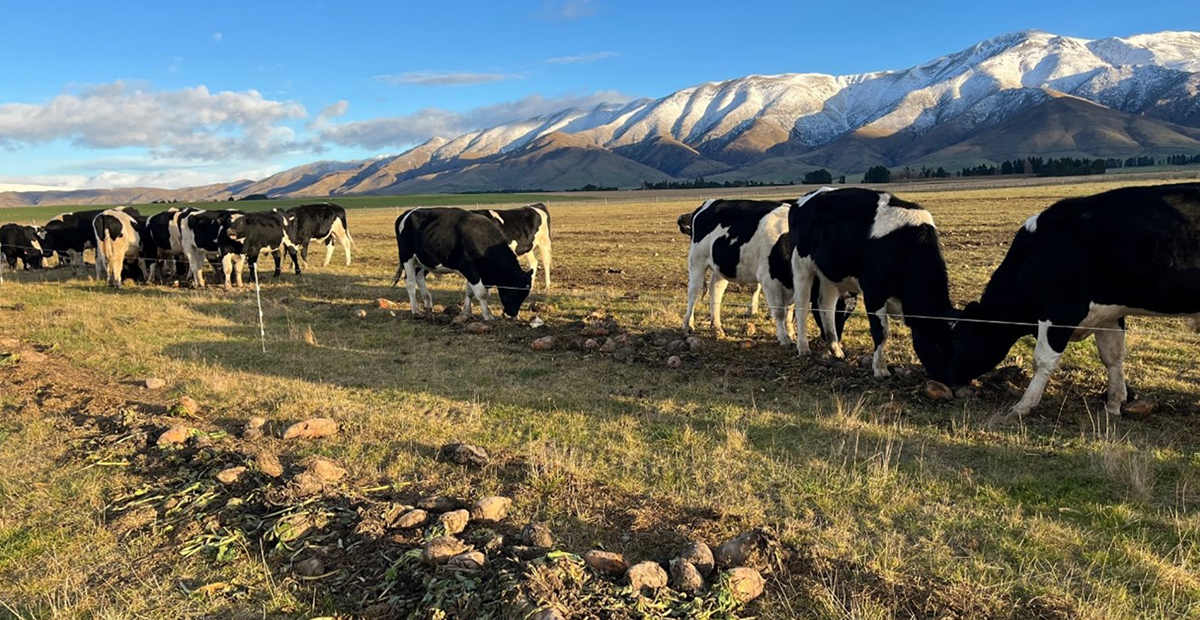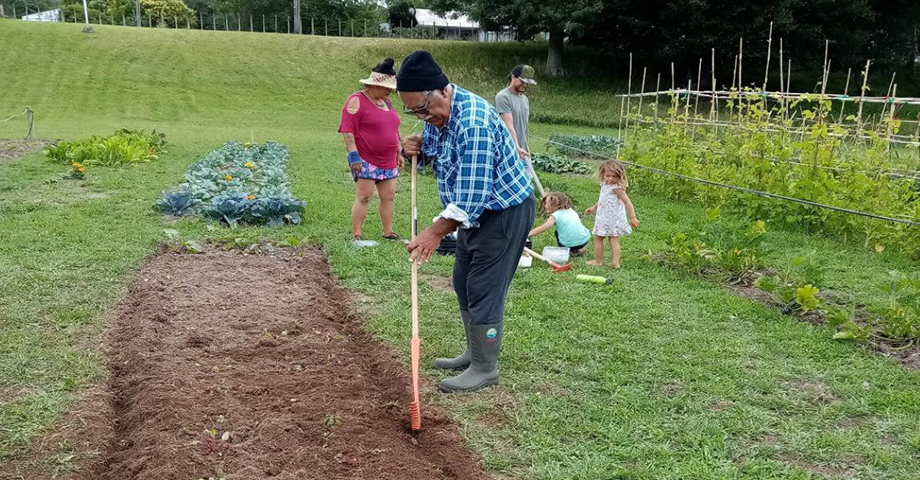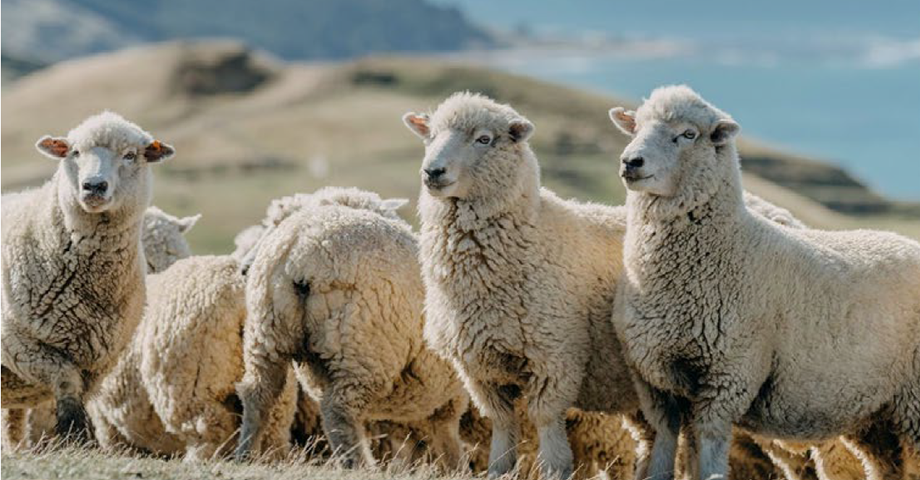
Executive summary
A significant component of New Zealand’s sheep, beef and dairy farms involves the
production of winter forage crops. This ensures high yielding crops are available throughout the winter months when there is very little grass growth for continued rotational grazing.
Pasture swards are left to rejuvenate through the winter months ready for spring. New Zealand farmers pride themselves on being custodians of the land and recognise the importance of continually enhancing our environment with sustainable practices. Within the multiple agricultural sectors, New Zealand produces some of the highest quality food and fibre for the global market whilst satisfying regulatory requirements set by our government.
Farmers over the last five years have adopted new practices to better mitigate the on farm environmental impacts regarding intensive winter grazing (IWG).
The target for this report is to answer the research question; how do we keep farmers passionate about farming when they are up against immense amounts of environmental policy change from our current government but more specifically, intensive winter grazing.
The report identifies key areas to help farmers with their frustrations on the ever-changing IWG policies. These key findings will provide an insight to answering my report question.
Methodology
A Literature review was undertaken to further understand the research topic. Semi structured interviews were conducted with a generational perspective to better understand the outlook amongst the generations.
Key Findings
The research undertaken included a comprehensive overview of the mixed perspectives and mindsets throughout four generation cohorts focused on IWG questions. It is important to highlight the use of generational perspectives when evaluating the current research topic. Although there are many trends from the interview answers, the majority of the IWG policy and regulation will affect the younger generations the most.
Government and industry bodies need to have collaborative approach between industry bodies and farmers to get the best outcome when writing policy. This needs to be with a generational perspective but more specifically, the younger generation in the primary sector. They need to be encouraged to step forward and take leadership roles so that their voice can be heard to help shape the future of our IWG policy and regulations.
From the survey answers, themes were generated using a thematic analysis. These themes are broken down into several subthemes that reflect the underlying topic.
- Collaboration
- Education
- Simplicity
- People
Recommendations
The following suggestions have been made as a result of the conclusions drawn from this report.
Develop closer collaboration
Farmers understand there needs to be sensible regulation in place around IWG to secure a world class environment for future generations to enjoy. There needs to be further collaboration within sectors and from the government to work with more with our industry bodies.
Plan Long Term
The use of strategic long-term planning towards writing IWG policies can only be seen as beneficial for the agricultural industry. By allowing it to be proactive in its development towards attainable regulation.
Provide Education
Provide beneficial and cost-effective support for farmers around new policy.
Maintain pragmatic approach
Farmers from all sectors need to be more involved and utilised for their extensive knowledge around a pragmatic approach to writing policy. I believe working with the farmers from the ground up when writing policy would deliver a better outcome.
Incentivise Farmers
Due to consumer demand for more robust guarantees of food safety and quality in developed nations, market forces have propelled the development of numerous policies and good management practises (GMPs). Putting incentives in place for farmers to adopt GMPs is relevant to keep farmers passionate and engaged in relation towards regulation.
Voice of the younger generation
Our industry bodies and policy makers need the leaders of tomorrow to be around that table when forming policy ideas. Creating a ‘youth voice’ for the agricultural industry is something that shouldn’t be underestimated.




